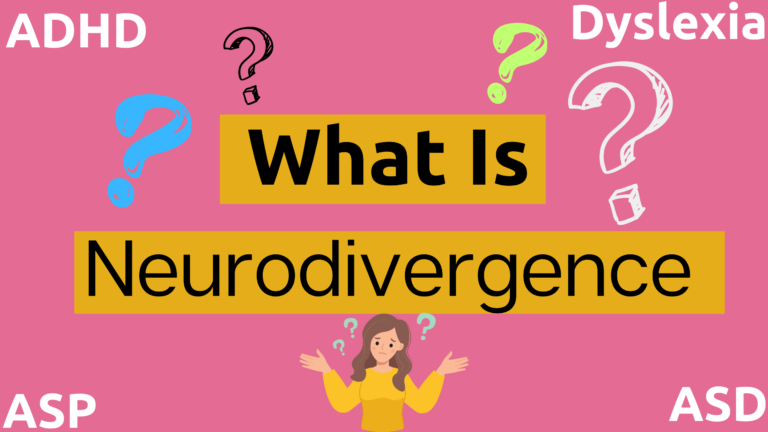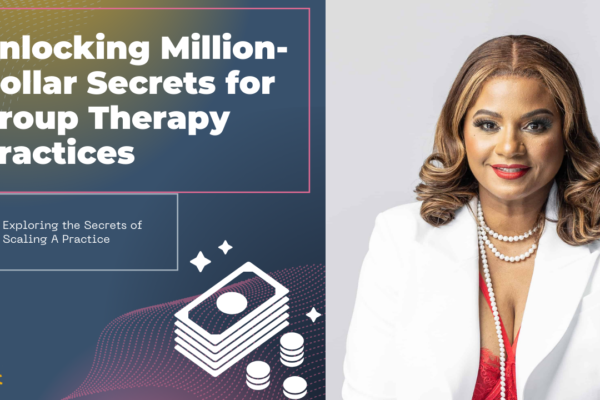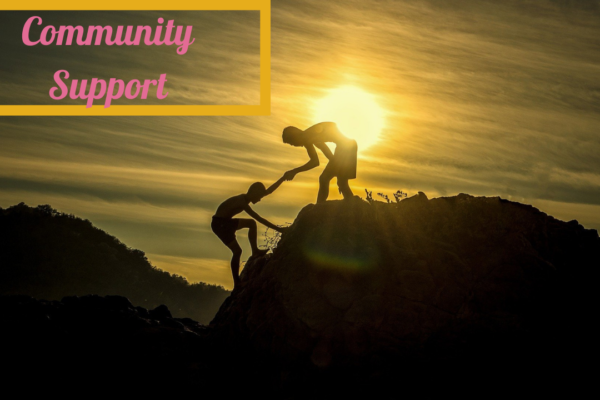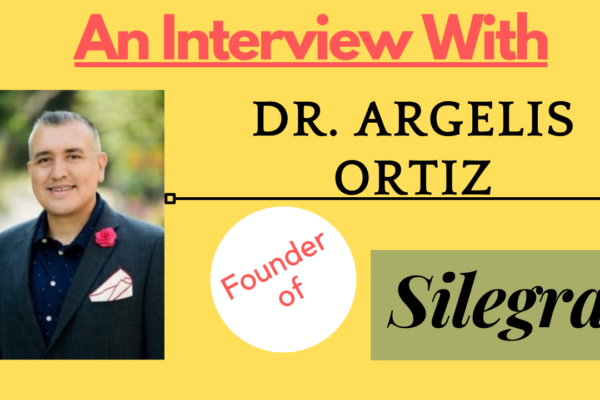Table of Contents
With Dr. Monica Blied, PhD, MACL, BSP
In this episode of the Mental Health Toolbox, I’m speaking with Dr. Monica Blied, PhD, MACL, BSP about the surging emergence of neurodivergence in today’s society. Neurodivergence is a term used to describe a group of individuals who differ from the norm in some way, and this term is becoming increasingly popular.
Dr. Blied will be addressing the question of why we are seeing such a late diagnosis of ADHD, Autism in adults. Dr. Monica Blied is a clinical neuropsychologist who has years of experience working with neurodivergent patients. In this episode, she’ll share her insights on the surging emergence of neurodivergence and how this trend is impacting our society.
*Some of the links found here are affiliate links: As an Associate I earn from qualifying purchases by way of commission at no additional cost to you. See full disclaimer here:
BIO: Dr. Monica Blied, PhD, MACL, BSP

Hi! I’m Dr. Monica Blied, founder of the Faces of Health app and online mental health courses. I combine my expertise as a clinical psychologist and neuroscience practitioner with my everyday experiences living with chronic illnesses for the past 11 years, to design tools that help people learn to manage stress and live fuller lives. At Faces of Health, we believe that stress management is a key pathway to achieve optimal physical and mental health. Therefore, my team and I put our expertise & experiences to work and engaged our communities to solve the problem of unmitigated stress for ourselves and for others.
https://facesofhealth.net/
Learn More about Dr. Monica Blied PhD and Neurodivergence.
CONTACT AND SOCIALS:
Website: Https://facesofhealth.net
Website: https://drblied.com/adhd
YouTube: https://www.youtube.com/@drblied
Instagram: https://www.instagram.com/dr.blied/
Twitter: https://www.twitter.com/drblied/
Facebook: https://www.facebook.com/facesofhealth/
CAMFT Annual Conference: https://www.camft.org/ac23
Watch The Interview
If you liked this episode, be sure to check out my full playlist of interviews here: https://youtube.com/playlist?list=PLnPL9gahfhWatKmy2YSyU0jt20h_jrj3H
Listen To The Interview
What is Neurodivergence and How It’s Defined
Neurodivergence is a term used to describe individuals whose neurological makeup differs from what is considered typical. This can include conditions such as autism, dyslexia, ADHD, and others. It is important to note that neurodivergence is not a diagnosis or disorder, but rather a way of understanding and accepting neurological differences. The concept of neurodivergence challenges the traditional notion of “normal” and promotes the idea of neurodiversity, recognizing the unique strengths and challenges of different neurological differences. By acknowledging and accepting neurodivergence, we can work towards creating a more inclusive and supportive society for all individuals.
The Benefits of Neurodivergence
Neurodivergence, a term used to describe individuals whose brain functioning and behaviors differ from the typical norm, is often associated with negative connotations. However, embracing neurodivergence can bring about immense benefits both for individuals and society as a whole. Those who are neurodivergent often possess unique talents and perspectives that can provide invaluable contributions to various industries such as art, sciences, and technology. In addition, diverse workplaces that accommodate neurodivergent individuals have shown to improve employee satisfaction and productivity. Furthermore, embracing neurodiversity also promotes empathy and understanding towards other fellow humans who may have different ways of thinking and processing information. Ultimately, recognizing the benefits of neurodivergence can lead to a more inclusive and innovative society.
Neurodivergence is often seen as a disadvantage, but it is important to acknowledge the benefits it can bring. People with neurodivergent conditions such as autism, ADHD, and dyslexia often have unique perspectives and strengths. Many excel in areas such as pattern recognition, problem-solving, and creativity. Neurodivergent individuals can provide a valuable perspective in fields such as science, engineering, and the arts. In fact, some of the most innovative and successful people in history, including Albert Einstein and Steve Jobs, are believed to have been neurodivergent. It is important to recognize the benefits of neurodivergence and create an inclusive society that values and supports individuals with these conditions.
Supporting Neurodivergent People in the Workplace
In order to create a more inclusive work environment, it is essential to support and accommodate neurodivergent individuals. Neurodiversity encompasses a range of neurological differences, including but not limited to autism, ADHD, and dyslexia. The first step in supporting neurodivergent individuals is to understand and educate oneself on their needs and challenges. This includes recognizing the strengths and talents that can come with neurodivergence. Accommodations such as a quiet workspace, clear and concise communication, and flexible work hours can make a significant difference in the success of a neurodivergent employee. It is important to prioritize empathy and understanding in the workplace, as creating a welcoming environment for all employees can lead to increased productivity and overall job satisfaction.
How to Talk About Neurodivergence with Others
It’s important to have open and honest conversations about neurodivergence with others. Whether you are neurodivergent yourself, or you have a loved one who is, it can be difficult to broach the subject with those who may not understand. One recommendation would be to approach the topic with a non-judgmental attitude and offer up educational resources to help demystify what it means to be neurodivergent. It’s equally important to create a safe and comfortable space for the conversation to occur, where questions can be asked and thoughts can be shared freely without fear of judgement. Additionally, speaking from personal experience is often effective, as it can be difficult for others to understand the struggles of neurodivergent individuals without having lived through it themselves. Ultimately, it’s important to remember that conversations about neurodivergence may be challenging, but they are necessary for promoting empathy and understanding in our communities.
Resources for Those Who Want to Learn More About Neurodivergence
If you want to learn more about neurodivergence, there are a variety of resources available to help you gain understanding and insight. You can explore online communities, such as the National Autistic Society or the ADHD subreddit, to connect with others and learn from their experiences. Additionally, reading books and articles written by neurodivergent individuals can provide valuable insight into their perspectives and priorities. For example, “NeuroTribes” by Steve Silberman delves into the history of autism and how it has been understood and treated over time. Finally, attending conferences and workshops focused on neurodiversity can be an engaging way to learn more in depth about different conditions and how to support neurodivergent individuals. With a bit of research and an open mind, you can find the resources that work best for you as you seek to learn more about neurodivergence.
Website: Https://facesofhealth.net

Finding Support Groups & Communities for Neurodivergent People
For those who identify as neurodivergent, finding a supportive community can make a world of difference in their daily lives. There are a variety of groups and communities available, ranging from online forums to in-person meetings. Many organizations are specifically designed to provide safe spaces for neurodivergent individuals to connect and share their experiences, struggles, and triumphs. Additionally, there are support groups tailored to individuals with specific diagnoses, such as autism or ADHD. These groups can provide resources, information, and a sense of belonging. Whether seeking support for oneself or a loved one, exploring the various options can lead to the discovery of a supportive, understanding community.
Website: https://www.meetup.com/
Website: The Asperger and Autism Network: https://www.aane.org/resources/adults/support-groups/
Website: Psychology Today: Find Autism Group Therapy and Support Groups: https://www.psychologytoday.com/us/groups/california?category=autism
Website: Support group for adults with ADD/ADHD: https://add.org/adhd-support-groups/
CAMFT ANNUAL CONFERENCE 2023: May 5th-6th
Dr. Monica Blied will be speaking on Neurodivergence, so be sure to register so you do not miss out on the great psychoeducation!
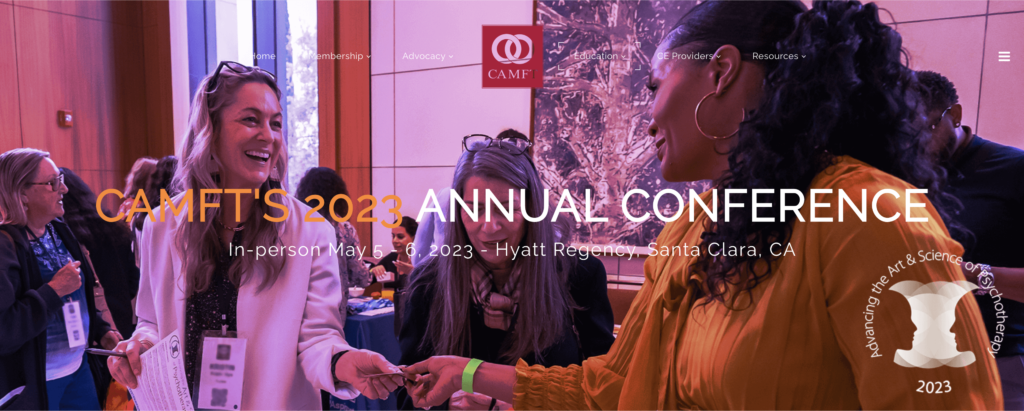
*Some of the links are affiliate links: As an Associate I earn from qualifying purchases by way of commission at no additional cost to you.
Want to learn more? Check out my top picks for books on self-improvement and recovery HERE!
It is my mission to equip you with valuable and effective coping skills and clinical interventions, to improve your mood, be more productive and improve your quality of life, so you can do more, and worry less.
NEED CRISIS HELP? If you need immediate crisis help with your depression, you can call the National Suicide Prevention Lifeline at 1-800-273-8255 or text “START” to 741-741
OUTSIDE THE UNITED STATES: See International Suicide Hotlines
WHERE TO FIND MENTAL HEALTH HELP:
-NAMI Referral Helpline: 1-800-950-6264
-California’s Statewide Mental Health Helpline: 1-855-845-7415
ASK: If you have a question you’d like me to answer here on the blog (even if you think it’s a silly one!), please use the form on the CONTACT ME page, or the comment section below. I would be happy to take a poke at it and provide a long form answer when appropriate.
SHARE: Also, be sure to share it with a friend, as there is still a lot of work to be done in raising mental health awareness.
SUBSCRIBE to get your FREE MOOD TRACKING TOOL and quick Mental Health Hacks in addition to this newsletter. Sign-up with the form below.
admin
Latest posts by admin (see all)
- Thriving with Autism and ADHD: Expert Strategies for Managing Burnout - April 22, 2024
- Serial Killer Spotlight: Dr. Caparelli’s True Crime Analysis - April 14, 2024
- Donna’s Law: Stop Gun Suicides - March 22, 2024

